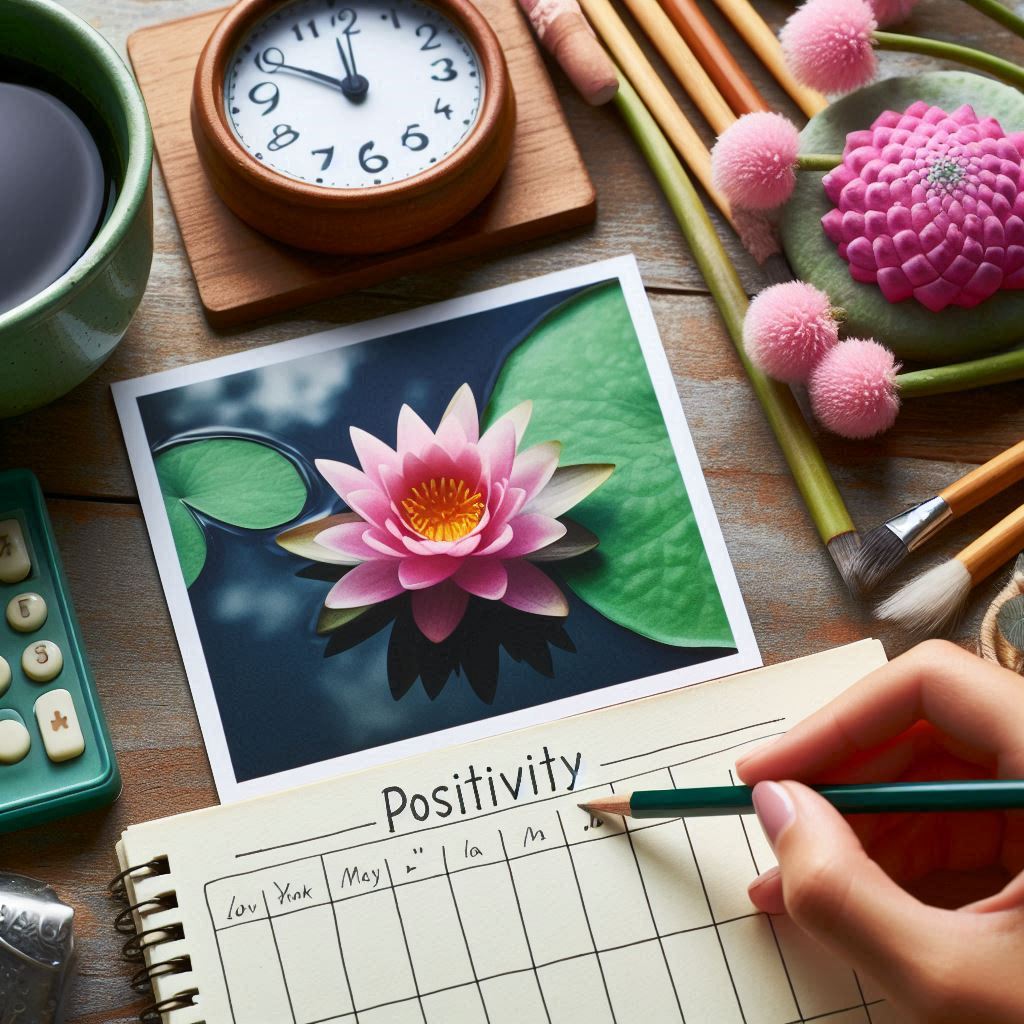The Benefits of Journaling
- Self-Reflection (Click for more details)
- Emotional Release (Click for more details)
- Clarity and Focus (Click for more details)
- Mindfulness Practice (Click for more details)


In our fast-paced world, it can often feel overwhelming to find moments of calm and clarity. Finding inner peace is essential for maintaining mental wellness and emotional balance. One powerful tool that can aid in this journey is journaling.
Remember, finding inner peace is a personal journey, and journaling can be a valuable companion along the way. It's not about perfection; it's about progress. By dedicating time to reflect and write, you can cultivate a deeper connection with yourself and pave the way to a more peaceful and fulfilling life.
Journaling offers a path to self-discovery and inner calm that is accessible to everyone, regardless of writing ability or experience. As you develop your practice, you may find that the insights and clarity you gain through journaling extend far beyond the pages of your journal, influencing how you approach challenges, relationships, and life decisions.
Start where you are, with what you have, and allow your journaling practice to evolve naturally. The simple act of putting pen to paper can be the first step toward greater self-awareness, emotional balance, and inner peace.